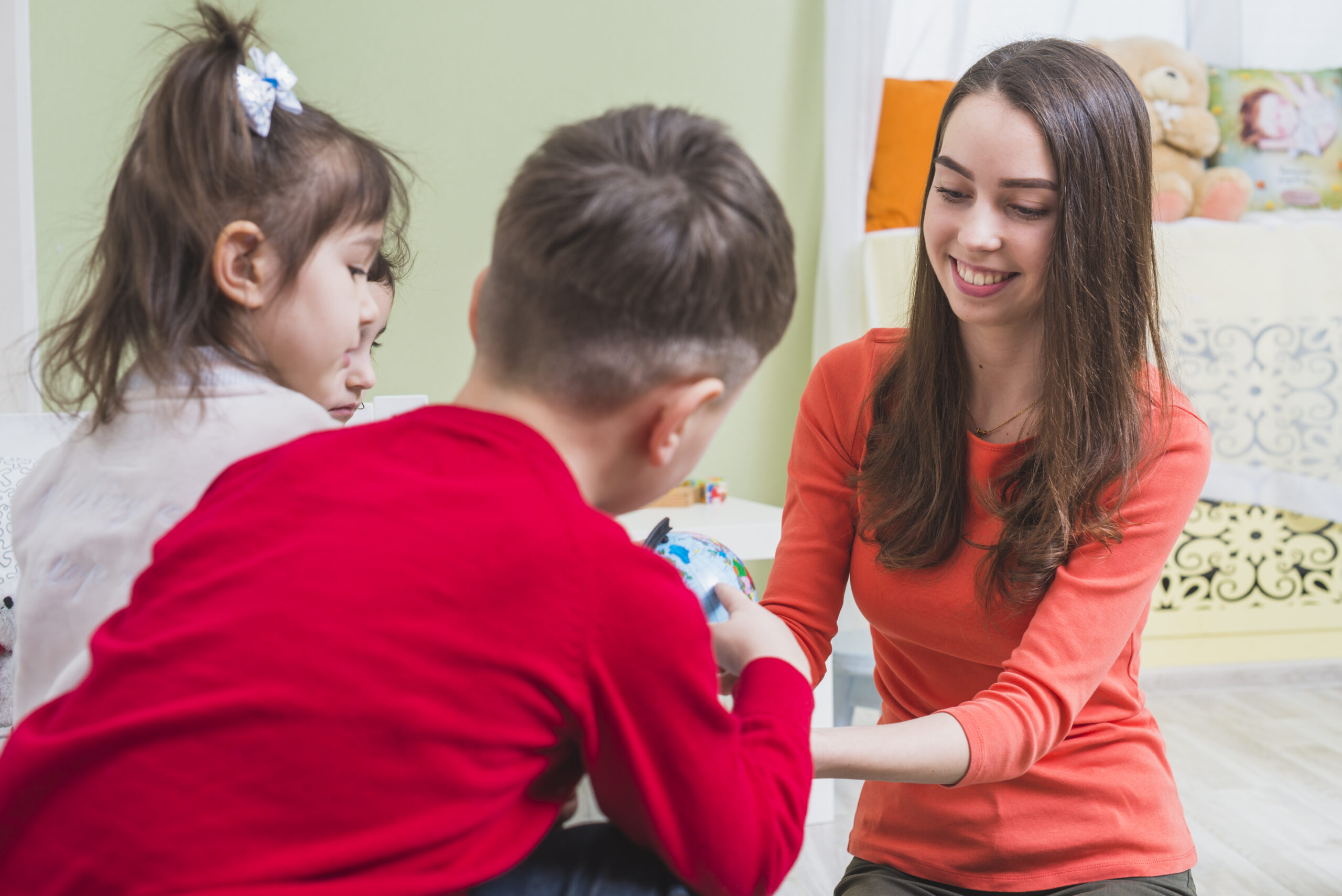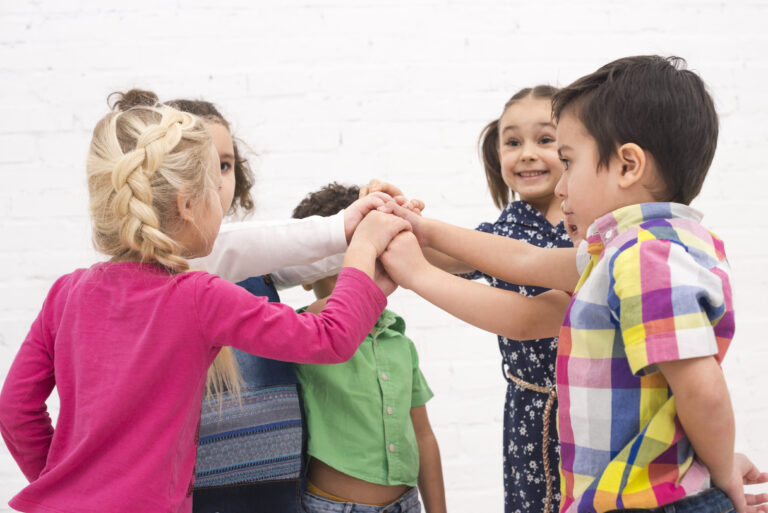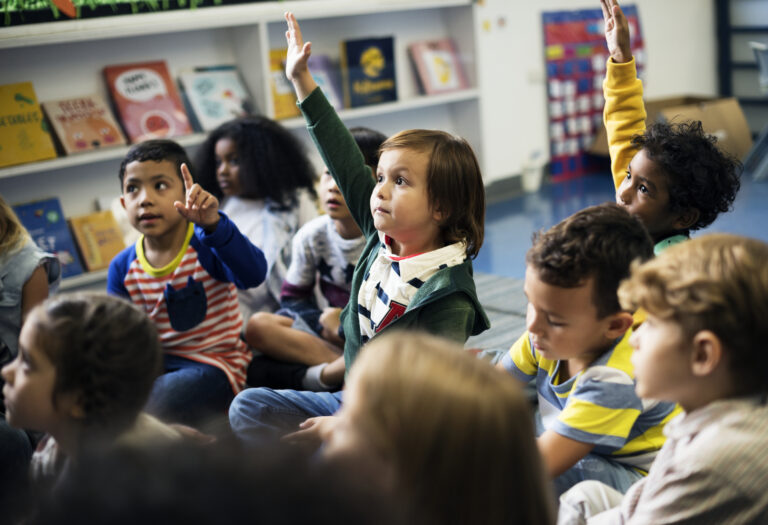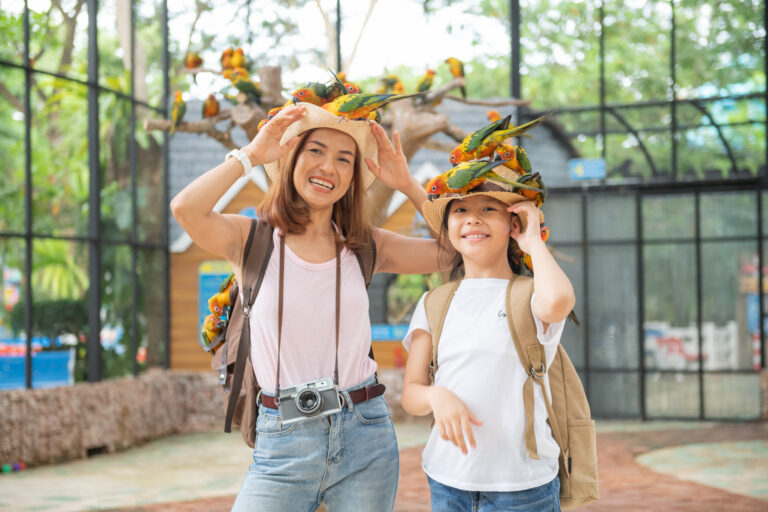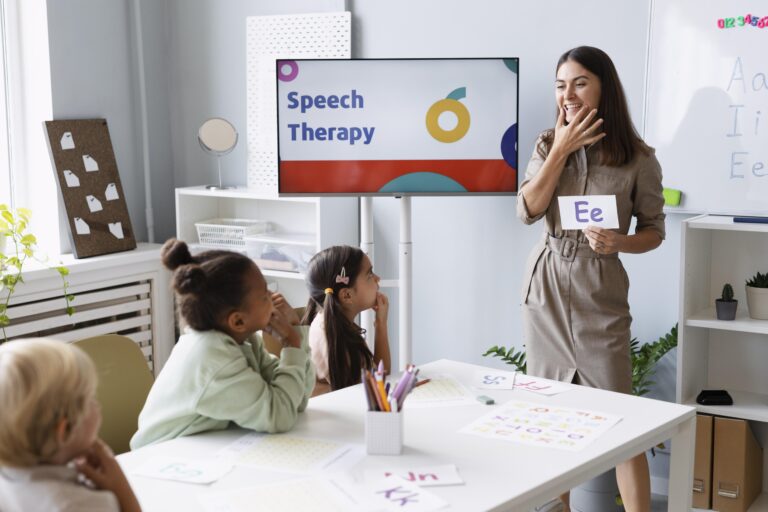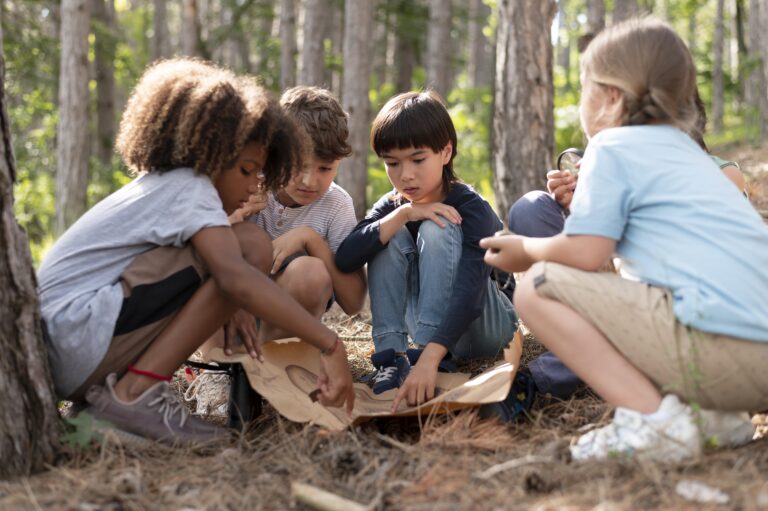Supporting Social Skills Development: Preparing Students for School and Community Interaction
Social skills are the invisible threads that weave children into the fabric of their schools and communities. For neurodiverse students, especially those with autism and related needs, the development of these skills opens the door to friendships, academic collaboration, independence, and lifelong inclusion. Social skills for kids with special needs play a vital role in helping them navigate these experiences with confidence and success. At It’s a Sensory World!, our mission is fueled by belief in each child’s ability to connect, participate, and thrive using individualized programming, evidence-based methods, and rich extracurricular opportunities.
Why Social Skills Matter
Social skills enable children to express themselves, interpret social cues, work in groups, and form meaningful relationships. Mastering these abilities is crucial for successful school experiences, active community participation, and, eventually, workplace readiness.
Children on the spectrum can face profound challenges with communication, emotional regulation, and interpreting social nuances. They may want to interact, but often lack strategies to confidently join group activities, maintain friendships, or navigate conflict. Without intentional support, they risk isolation, anxiety, and missed opportunities for growth.
Our Approach
At It’s a Sensory World!, we honor every learner’s unique social footprint. Our social skills programming blends the internationally recognized DIRFloortime® Approach with cutting-edge strategies from the Social Thinking Methodology™, ensuring children, teens, and young adults are embraced for their individual strengths and equipped to self-advocate.
- DIRFloortime® fosters connection through play-based therapy. One-on-one interactive sessions with a trained It’s a Sensory World! The practitioner builds self-awareness, empathy, and the capacity to share in joy, negotiation, and problem-solving, all tailored to each participant’s interests and needs.
- Social Thinking further strengthens perspective-taking, flexible thinking, and social-emotional regulation—skills needed for classroom routines, group work, and playground interaction.
Placement Recommendations: Program entry begins with a personal tour and assessment, ensuring each family receives individualized recommendations that align with their goals and child’s social readiness.
Social Skills Groups: Connection Beyond Therapy
True growth flourishes when skills are practiced in a community. Our social skills groups gather children and teens in safe, guided environments to “try on” new abilities, explore shared interests, and enrich their relational toolbox.
- Peer Groups: Children build friendships, learn turn-taking, and practice conversational skills in real time.
- Role-Play and Games: Imaginative play and cooperative activities simulate real-life scenarios, from joining a game to handling frustration or disappointment.
Program Benefits
- Improved communication and confidence in group settings.
- Greater ability to read social cues and respond flexibly.
- Increased self-advocacy and self-acceptance.
- Every session is adjusted for age, communication style, and developmental level, promoting true inclusion for a neurodiverse community.
Sensory Play: A Gateway to Social Growth
Structured sensory play is foundational at It’s a Sensory World!. Group sensory sessions provide the “safe space” children need to explore interaction, practice empathy, and support each other’s differences. These creative, multisensory activities invite cooperation and problem-solving in children:
- Work side-by-side on projects (gardens, art, building).
- Learn to share, take turns, and negotiate materials and ideas.
- Express needs and feelings using tools like visuals and communication boards.
For many, this is where social learning becomes tangible: Children not only witness but experience kindness, teamwork, and resilience in an environment designed for acceptance.
Extracurricular Opportunities for Community Inclusion
Beyond structured groups, It’s a Sensory World! offers wide-ranging extracurricular programs—openings for authentic connection and inclusion during after-school hours, weekends, and seasonal breaks.
- Recreational Programming: From sports and arts to music and outdoor adventures, our extracurriculars foster friendships through fun, not “therapy.” Children naturally practice social risk-taking and cooperation.
- Seasonal Camps: Holiday and summer camps promote group bonding, self-expression, and independence in a relaxed, supportive setting.
- Community-Based Activities: Field trips and joint projects with others help generalize social skills beyond campus and into real-life contexts.
Why Extracurriculars Work
Research shows students with autism are far more likely to engage and maintain peer relationships in non-academic, interest-driven clubs and activities than in academic settings alone. These programs are vital for practicing applied social skills—navigating turn-taking, resolving conflicts, and developing leadership—in organic, low-pressure ways.
Meaningful Connections: From Skills to Relationships
Meaningful relationships develop when social learning moves from the classroom or clinic to the playground, the lunch table, and community gatherings. Facilitated by caring adults and motivated by student interests, our programs make real friendships possible.
- Interest-Based Groups: Connecting over shared passions (art, robotics, gardening) sustains motivation and breaks barriers.
- Peer Mentoring: Guided by older students or trained staff, peer partners support inclusion by modeling and reinforcing positive social interaction.
- Parent and Family Engagement: Families are central to community-building—our events welcome all caregivers, ensuring participants feel seen, supported, and empowered together.
Inclusion in School and Beyond
Inclusion is more than coexistence—it means active participation by each child, in every setting. School success is measured not just by academics, but by a sense of belonging, safety, and agency. Our programs prepare neurodiverse learners to:
- Participate in school clubs and community projects.
- Confidently navigate transitions, advocate for help, and initiate play or conversation.
- Develop lasting support networks beyond graduation.
True inclusion benefits all students, fostering empathy, flexibility, and cultural acceptance within classrooms and neighborhoods alike.
Program Spotlight: A Day in Social Skills Group
Picture a typical afternoon group session:
- Greeting Circle: Children and staff share news, practice eye contact, and set goals (e.g., “Today I will try to ask a friend to play”).
- DIRFloortime® Play: Individual or partnered play with gentle guidance, focusing on interactive storytelling or favorite games.
- Sensory Circuit: Collaborative art or movement activity that requires teamwork—like building a sensory pathway together.
- Snack and Social Time: Unstructured opportunity to practice conversation and sharing, supported by visual aids.
- Reflection & Closure: Positive feedback highlights teamwork, growth, and shared experiences.
With each session, children develop a stronger sense of self and community—the heart of social-emotional learning.
Building Skills for the Real World
Social competency is not just about making friends. Our approach prepares children and young adults for every setting:
- Academic Success: Improved turn-taking, group project skills, and participation.
- Job Readiness: Communication, teamwork, and flexible adaptation—crucial for future employment.
- Emotional Resilience: Strategies for self-regulation, problem-solving, and responding to setbacks.
Promoting Positive Values: Gratitude, Empathy, and Awareness
At It’s a Sensory World!, we integrate mindfulness, gratitude, and emotional awareness practices into social learning:
- Gratitude Exercises: Celebrating the helpfulness and kindness of others supports positive behavior and empathy.
- Mindful Breathing: Simple exercises before social play reduce anxiety and improve focus.
- Social Stories and Scripts: Personalized to help children visualize and rehearse new scenarios in school and community settings.
Supporting Parents and Families
Parental involvement is key. We offer:
- Regular progress updates and feedback.
- Resources and workshops for reinforcing skills at home.
- Opportunities for families to connect, share, and build partnerships that extend social inclusion into every aspect of life.
Building Bridges to Belonging
Supporting social skills development means more than just teaching manners or eye contact—it’s about unlocking the unique human potential in every student. By blending evidence-based approaches, creative extracurriculars, and a community built on respect and understanding, it’s a Sensory World! prepares students not only for school success, but for rich, meaningful lives in the wider community.
